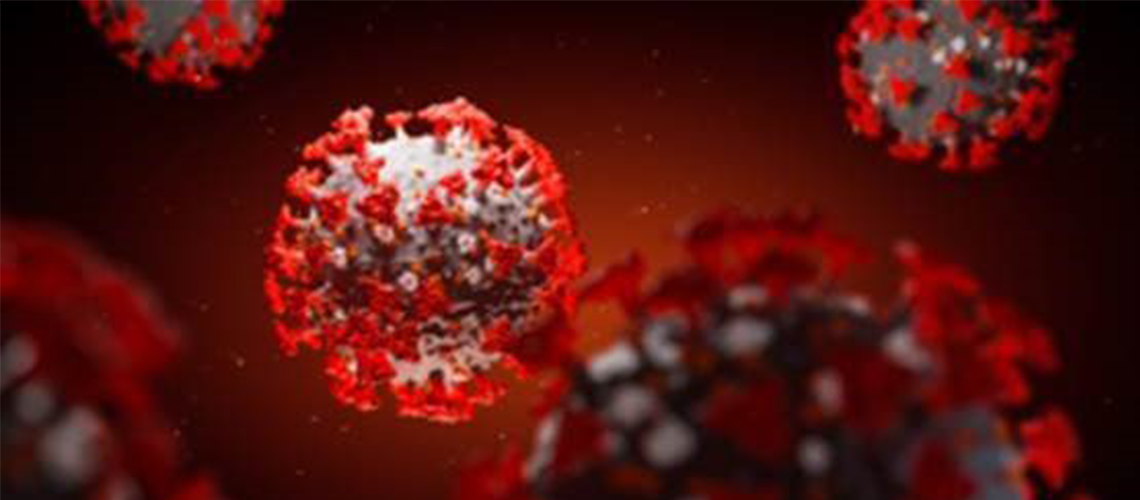Tackling corruption in governments’ COVID-19 health responses

When the World Bank expressed concern that “prices have gone up by 20 times—or 2,000%—for some items during COVID-19”, the question arose of whether market demand and supply alone had produced such an extraordinary result. Or was the situation compounded by elite capture of resources, manipulation of markets, and corruption?
As countries cautiously reopen, concerns regarding corruption in both the emergency response and recovery phases of the pandemic are increasing in health service delivery, procurement processes, and the management of funds. Even during ordinary times, research has shown that corruption in the health sector causes global losses of over US$500 billion per year. According to OECD estimates, up to US$2 trillion of procurement costs could be lost to corruption.
Corruption in the health sector during COVID-19 not only prevents resources from reaching beneficiaries who need them most but could affect public trust in government institutions, systems and mechanisms. The efforts of development partners like the World Bank, UNDP, the Global Fund and the WHO, have established streamlined procedures for funding projects and supporting governments in the COVID-19 context. They have also focused on encouraging governments to be transparent about budget execution, procurement and results. Broader public financial management reforms including ensuring high quality and timely financial reporting, could incentivize transparency.
Although there is no one-size-fits-all solution, measures to tackle corruption in governments’ COVID-19 responses need to be built on the principles of transparency, accountability, and openness.
turn this can promote community participation, monitoring and oversight in the process. Here are some possible solutions.
First, governments could adopt a risk-based prioritization framework aimed at preventing corruption in those areas where the harm to health outcomes is the greatest. A rapid assessment of corruption risks could help determine which transparency, accountability, integrity and anti-corruption measures should be integrated in governments’ COVID-19 public health responses.
Second, governments could consider establishing a multi-stakeholder, multi-sectoral oversight body that includes representatives of governments, civil society, the private sector, academia, anti-corruption bodies, supreme audit institutions, and public procurement authorities. Such an entity could help raise awareness, promote dialogue and cooperation to mitigate corruption risks, rebuild trust, and make the most of available resources.
Third, greater reliance on bottom-up social accountability from public participation in monitoring and stronger oversight mechanisms would allow citizens to exercise accountability and help expose and reduce corruption. Whistle blower protection is key during the pandemic, to encourage citizens to participate without fear of retaliation. Measures to increase the transparency and openness of data and decision making, as well as channels for citizens to safely report instances of potential corrupt acts are also of paramount importance. For example, the use of GovTech solutions to report falsified medical products, shortages in supplies, and other irregularities related to procurement or assets, should be encouraged.
Fourth, community monitoring of governments’ COVID-19 responses needs to be kept simple but at the same time have one eye on the rear-view mirror to be able to learn from past successes and mistakes. This approach is useful in promoting accountability but should not be allowed to slow down governments’ responses.
To help build global consensus and catalyze governments to take appropriate anti-corruption policy measures in the health sector, the World Health Organization, the Global Fund, the UNDP, and the World Bank are working together under the Alliance for Anti-Corruption, Transparency and Accountability (ACTA) in Health. ACTA is working with governments and communities globally to institutionalize appropriate anti-corruption mechanisms in the COVID-19 health response.
For more information about ACTA, please email acta@who.int
This article is part of a series related to the Coronavirus Crisis. All of our articles covering the topic can be found on our PFM Blog Coronavirus Articles page.
Note: The posts on the IMF PFM Blog should not be reported as representing the views of the IMF. The views expressed are those of the authors and do not necessarily represent those of the IMF or IMF policy.
Editor's note: This blog was first published in the IMF's Public Financial Management Blog.
